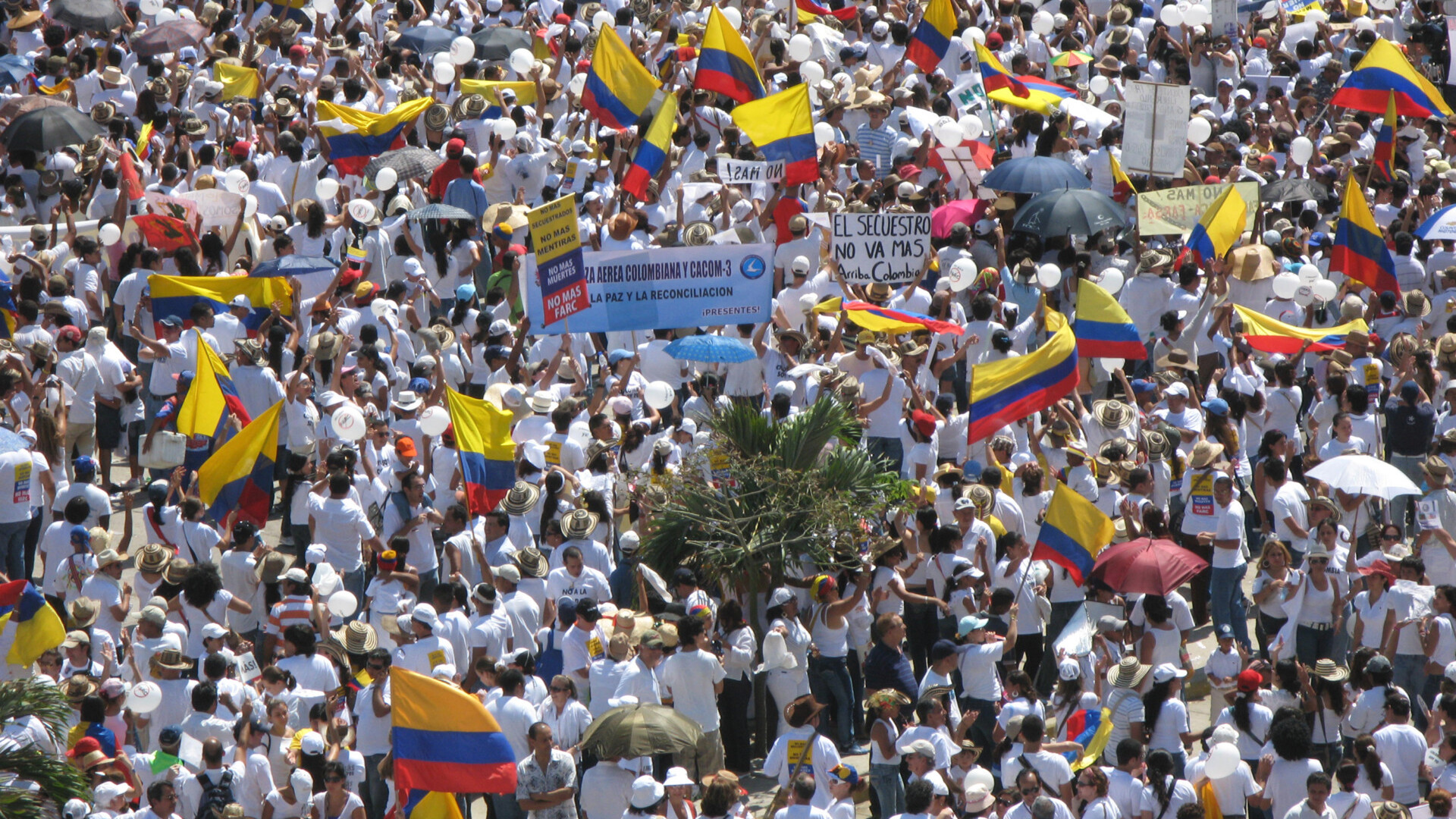Colombian revolution?
Colombia’s first left-wing president, Gustavo Petro, is trying to transform the country’s economic model, while investors count the costs...

Investors can hardly claim to be surprised when a former left-wing revolutionary starts implementing reforms. However, Petro’s actions as president are more radical than his campaign speeches and have dashed hopes he would be the latest Latin American leftist leaders to become more moderate with power.
Petro’s first big move was a tax reform that increased the burden on wealthy Colombians and the extractive industries. The new president can’t be criticised too sharply in this regard, given that many developed economies, such as the UK, have recently introduced energy windfall taxes. Likewise, income tax rates in Colombia remain below the OECD average. But the windfall tax on oil companies, coupled with plans to ban new oil and gas exploration, are threatening investment in Colombia’s most important industry.
No more oil?
Petro is keen to accelerate the energy transition but Colombia’s oil and gas reserves stand at less than ten years’ worth of current consumption. It seems unfeasible that the economy could complete an energy transition in such short time. At Davos in January, Colombia’s Minister of Mines and Energy, Irene Vélez-Torres, confirmed a ban on awarding new hydrocarbon exploration concessions. That prompted the resignation of her vice minister, while Finance Minister, Jose Antonio Ocampo, who is seen as a moderate, has sounded a more cautious note.

His worry is understandable. As risk consultancy Teneo points out, “oil represents over 10% of government revenues, around 25% of foreign direct investment, and is Colombia’s primary export earner by far. It is estimated that majority state-owned oil company Ecopetrol’s contributions to the Treasury will amount to around 3.4% of GDP this year.” Given that one of Ocampo’s main objectives is to reduce a budget deficit that was worth 5.6% of GDP in 2022, he is unlikely to want to lose the oil earnings.
Big government spending
Investors aren’t just worried about energy. Petro has also unveiled a new budget law that will increase government spending by $5.1billion this year. Even more alarming are plans to nationalise the health and pension systems. The health reform, which was announced in February but hasn’t passed yet, would increase state spending by 3.5% of GDP – wiping out any of the extra money raised by the tax reform.
It's little surprise that the Colombian peso is down 30% against the dollar since the beginning of 2022. However, with the bad news already in the price, Capital Economics believes the peso could recover in 2023. “As political risks appear to be largely discounted by investors, we expect the Colombian peso to outperform other major EM currencies over the next couple of years”, writes senior economist, Jonathan Peterson. In recent years we’ve seen right-wing presidents in Latin America disappoint investors. Maybe the contrarian move is to invest in the Colombian peso and back Colombia’s first left-wing president.